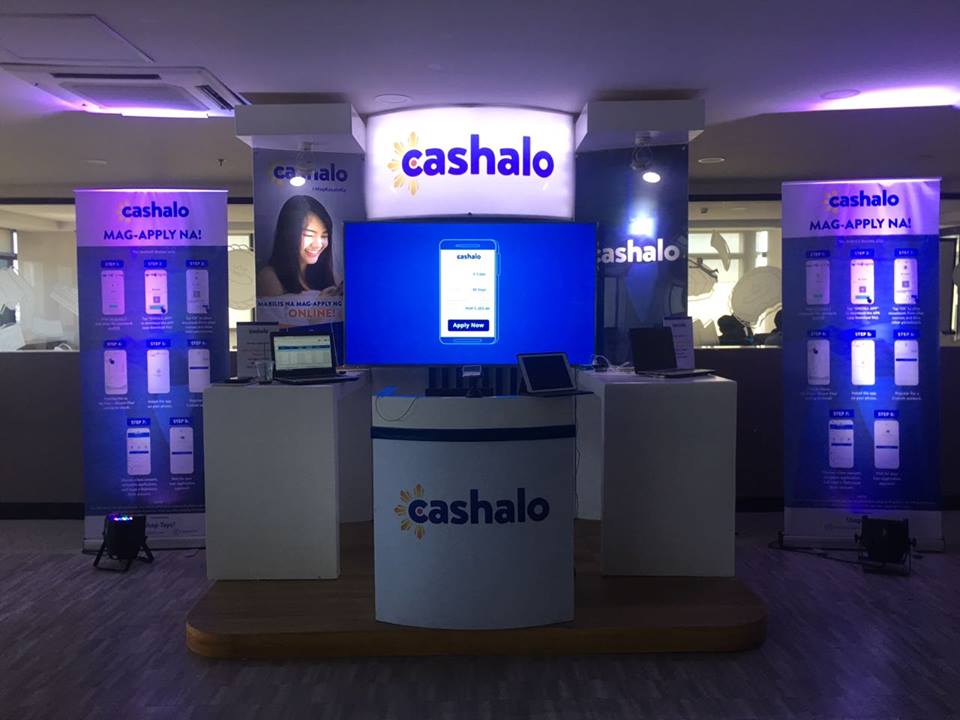Business and Economy
Cashalo exec cites importance of financial literacy

He said that Cashalo, a Filipino technology and financial services firm, will have “a very aggressive financial literacy for the months and years ahead.” (File Photo: Cashalo/Facebook)
MANILA — Several entities offering financial products have tapped financial technology or fintech to more efficiently cater to their target market, which is normally the underserved or the unbanked population.
While this is a plus, especially to the micro, small, and medium enterprises (MSMEs), this also gives some people ideas that easily fund their needs, no matter what.
Cashalo general manager Hamilton Angluben said this is where financial literacy comes in.
He said that Cashalo, a Filipino technology and financial services firm, will have “a very aggressive financial literacy for the months and years ahead.”
“Because for us, financial literacy is not just a CSR. We see it as a corporate sustainability,” he told the Philippine News Agency, noting that extending a person funds that he does not know how to save or invest will bounce negatively to the lender because the borrower will not be able to pay it.
“So it’s really a complete circle. We give them access (to funds) and then we provide them financial literacy. So the person will be wise and prudent from borrowing to saving and investing,” he said.
The need to ensure the Filipinos’ financial literacy is a must since data from the Bangko Sentral ng Pilipinas (BSP) show that about 77 percent of the country’s adult population remains unbanked.
There are also a large number of Filipinos underserved by the formal banking system, thus, they rely on informal lenders who practice the “5-6” scheme, which charge exorbitant fees, and the loan sharks.
Angluben said Cashalo, which launched its mobile app on Tuesday, said they are optimistic that Filipino borrowers will be more financially knowledgable with the company’s contribution to the central bank’s financial literacy program.
Meanwhile, Angluben is optimistic of their business, citing that since operations started last May, the number of their borrowers have risen from 1,000 borrowers to around 30,000 to date.
He declined to given any forecast on the company’s first year of operations but said the growth of borrowers are “in multiples.”
He explained that they are leveraging on technology to assess a borrower’s credit score or capacity to pay, using several options such as artificial intelligence (AI), machine learning, facial recognition, anti-fraud algorithms and data science.
These innovative assessment is on top of the traditional approach of asking for a borrower’s personal data.
“From there we’re able to give someone a credit score and determine their credit worthiness. This will be the basis of the amount we will extend to them,” he said.
Angluben said proceeds of the loans are deposited to the borrower’s bank account but added that they are studying more ways that will allow them to be able to extend loans even to those who do not have bank accounts.
“Right now we are focusing on the underserve, meaning these people have bank accounts. But that’s why we are constantly improving our products and a lot of more exciting things are gonna come out,” he said.
“That’s our commitment in really trying to provide financial inclusion to both the underserved and the unbanked,” he added.





















